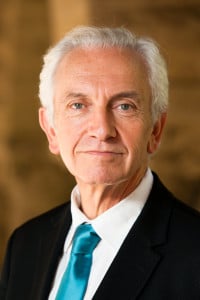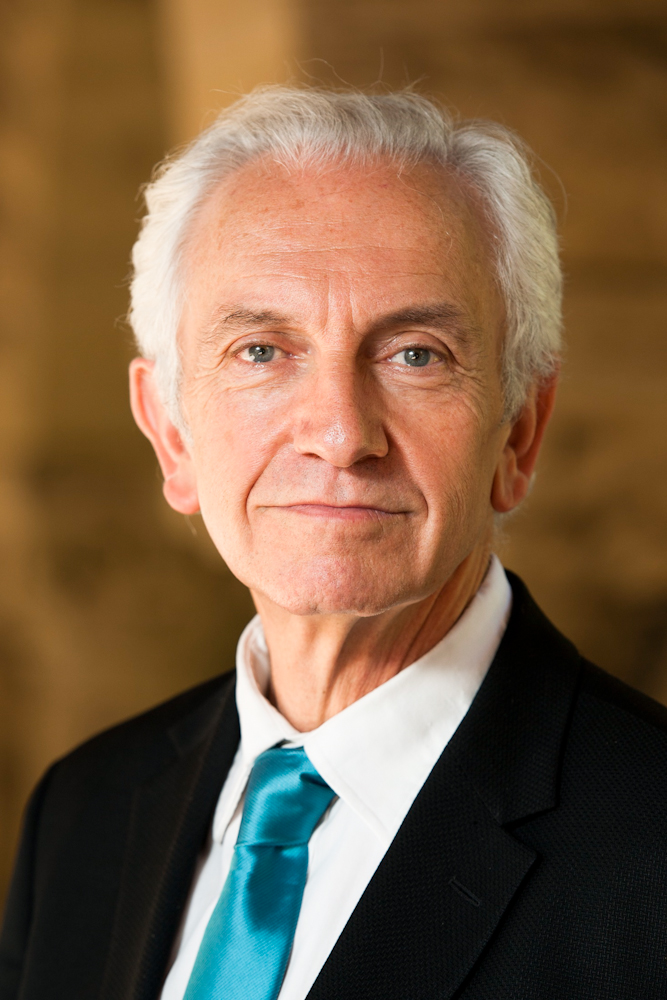
Though there was an overall increase in the number of Introductory Seminars (IntroSems) offered this year, the number of applications for and enrollments in fall quarter seminars stayed relatively the same as last year, according to Russell Berman, faculty director of the Stanford Introductory Seminars (SIS) program.
This year, 257 classes are available over the course of three quarters—more than the 221 classes offered last year—some of which are also eligible to fulfill the new Ways of Thinking/Ways of Doing breadth requirement.
Some fall quarter seminars attracted extraordinary application volume, making entry more difficult.
“These very popular courses sometimes create a problem for the program insofar as students apply for these and nine out of 10 are going to get turned down,” Berman said. “Sometimes students only apply to those courses that have strong enrollments, and then they get turned down multiple times.”
Berman noted several courses from all disciplines with competitive entries this quarter, including ME26N: Think Like A Designer, taught by Shilajeet Banerjee M.S. ‘00, associate professor of mechanical engineering at the d.school; Psychology Professor Carol Dweck’s PSYCH12N: Self Theories; and ECON26N: Who gets what? The New Economics of Matchmaking and Market Design, taught by Alvin Roth M.A. ‘73 Ph.D. ‘74, a professor of economics who won the 2012 Nobel Prize in Economic Sciences.
The professors who had to review hundreds of applications to their popular classes developed their own acceptance policies. Roth specifically asked his prospective students to write about something they had experienced related to the course’s subject matter.
“I chose students who wrote about something interesting,” Roth said.
Dean of the School of Humanities and Sciences Richard Saller, who teaches CLASSHIS 24N: The Roman Empire: Its Grandeur and Its Fall, went through a similar screening process, taking only students who “seemed to have a real reason for taking the course.”
Both Saller’s and Roth’s courses are among the few that fulfill the Social Inquiry WAYS graduation requirement.
“We are encouraging all of the seminar faculty to explore whether their course could be certified to meet one or the other of the WAYS,” Berman said, adding that the Ways of Thinking/Ways of Doing requirements may impact students’ course selections down the road.
WAYS accreditation for classes is reviewed by the Breadth Governance Board, which is chaired by Chris Edwards, a professor of mechanical engineering. Despite the efforts made by SIS, not all IntroSem professors went through the process that would potentially allow their class to fulfill a WAYS requirement.
“This is, in a sense, similar to what prevailed under the old GER regime,” Berman said. “We would encourage faculty to get GER accreditation for their courses, and many would, some wouldn’t. These are courses about which faculty are very passionate and they want to structure them in their particular ways.”
Regardless of the requirements, students and professors alike have continued to enjoy the IntroSem experience.
“I think [the IntroSem Program] is quite effective,” Saller said. “And that’s because I think that learning is most effective when there’s a lot of exchange between students and between students and faculty, and I think having a small group of students encourages that.”
Although certain courses will most likely receive many applications, Berman said students should not necessarily worry if they are not accepted, and he encouraged students to show up to their desired class on the first day.
“If there’s space available, they may luck out,” Berman said.
IntroSem applications for Winter Quarter seminars are due Nov.11.
Contact Fiona Noonan at fnoonan ‘at’ stanford.edu.
